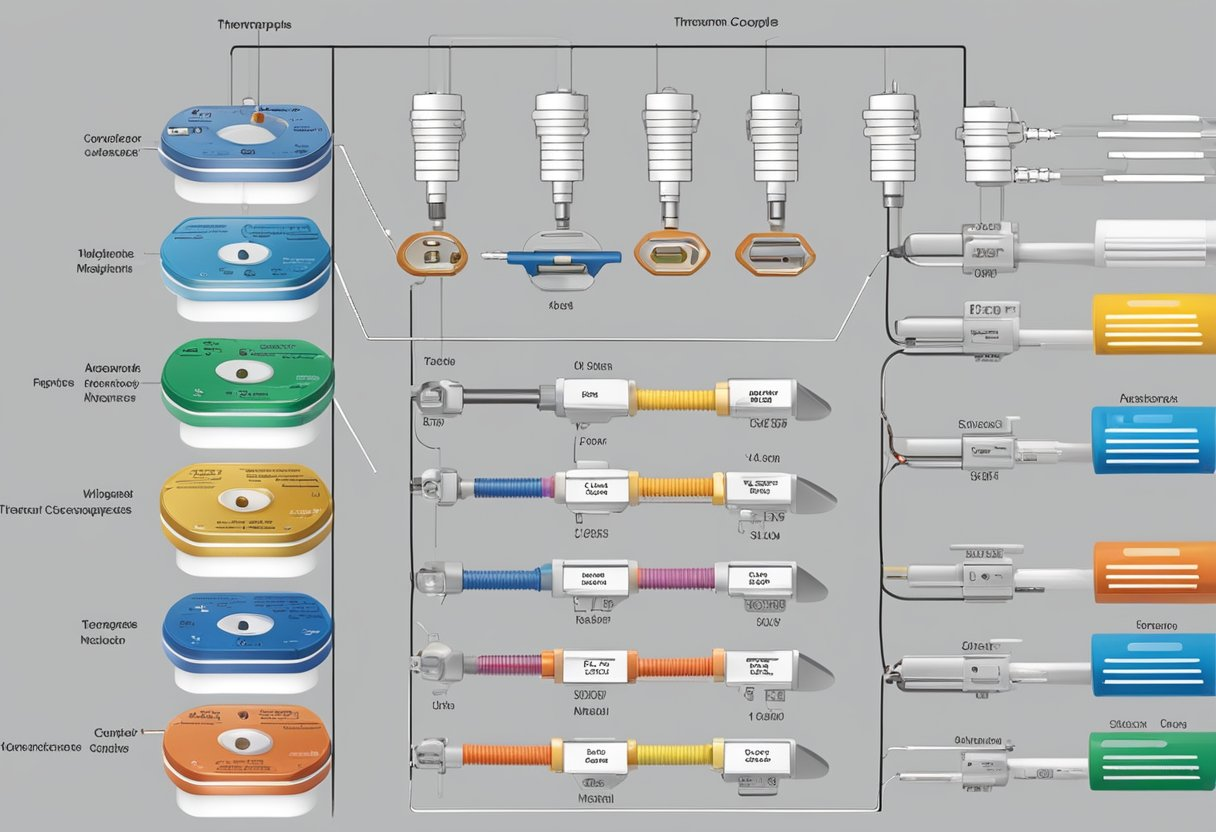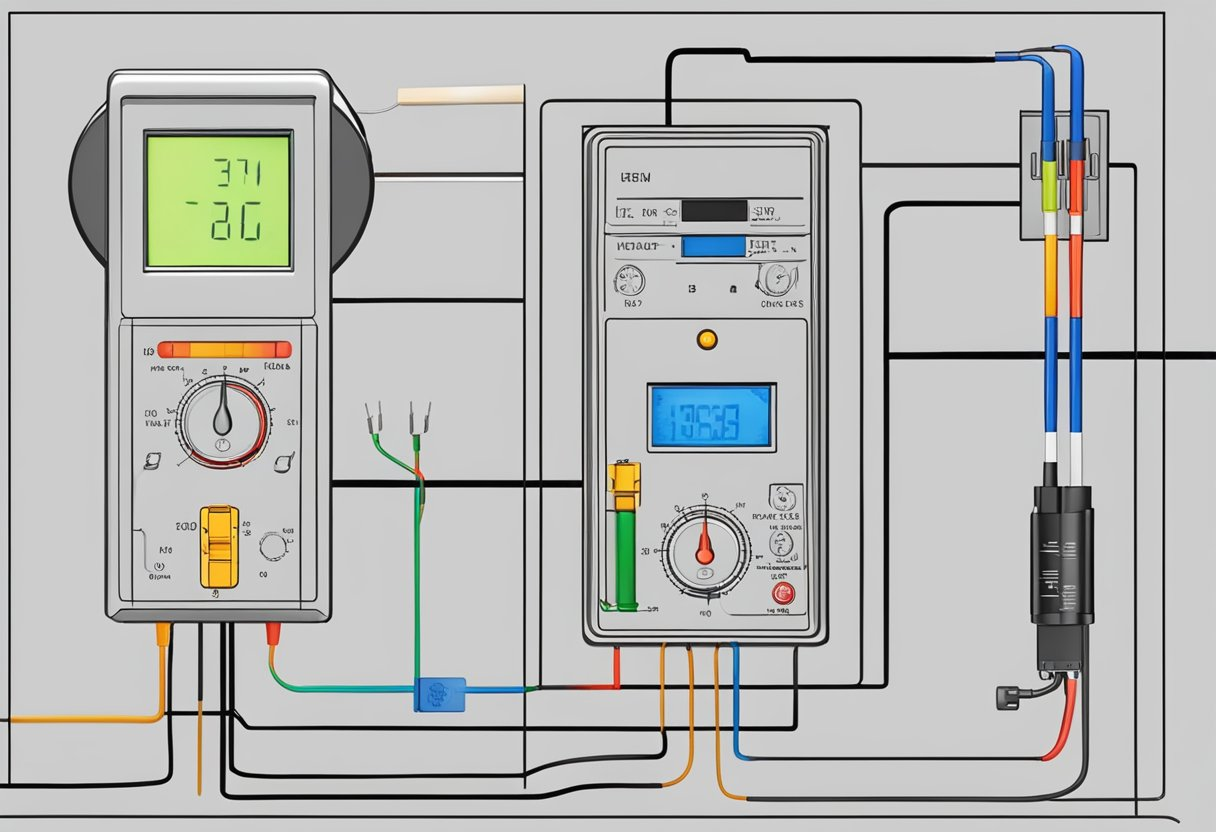Exploring Humidity Sensors: A Comprehensive Description
Article Summary
- Introduction
- Working Principle of Humidity Sensors
- Different Types of Humidity Sensors
- Applications of Humidity Sensors
Introduction
Humidity sensors, also known as hygrometers, are electronic devices used to measure and monitor the amount of moisture present in the air or any other gas. They play a crucial role in various industries and applications where maintaining optimal humidity levels is vital for human comfort, product quality, and process control.
Working Principle of Humidity Sensors
Humidity sensors operate on different working principles depending on their type. One common method is using a capacitive element to measure changes in capacitance caused by the absorption or release of moisture. Another approach involves the use of resistive elements that change in resistance with varying humidity levels. By analyzing these changes, humidity sensors can provide accurate measurements of the surrounding moisture content.
Different Types of Humidity Sensors
There are several types of humidity sensors available in the market, each with its own advantages and limitations. Some popular types include:
- Capacitive Humidity Sensors: These sensors use a capacitor to measure changes in humidity levels. They are highly accurate and offer excellent long-term stability.
- Resistive Humidity Sensors: This type of sensor utilizes a resistive element, such as a polymer or salt, that changes resistance in response to moisture. They are cost-effective but may have limited accuracy.
- Thermal Conductivity Humidity Sensors: Based on the principle of how heat is conducted through air, these sensors measure changes in thermal conductivity caused by variations in humidity levels. They are commonly used in industrial applications.
- Gravimetric Humidity Sensors: These sensors measure the weight change of a substance as it absorbs or desorbs moisture. They are highly accurate but relatively expensive.
Applications of Humidity Sensors
Humidity sensors find widespread use in various fields and industries. Some notable applications include:
- HVAC Systems: Humidity sensors are employed in heating, ventilation, and air conditioning systems to maintain optimal indoor air quality and prevent mold growth.
- Agriculture: They are essential in greenhouse farming to monitor and control humidity levels for optimal plant growth and disease prevention.
- Pharmaceutical and Food Industries: Humidity sensors help ensure proper storage conditions, preventing spoilage and maintaining product integrity.
- Data Centers: These sensors play a crucial role in preventing equipment damage and maintaining the performance of servers and other electronic devices.





